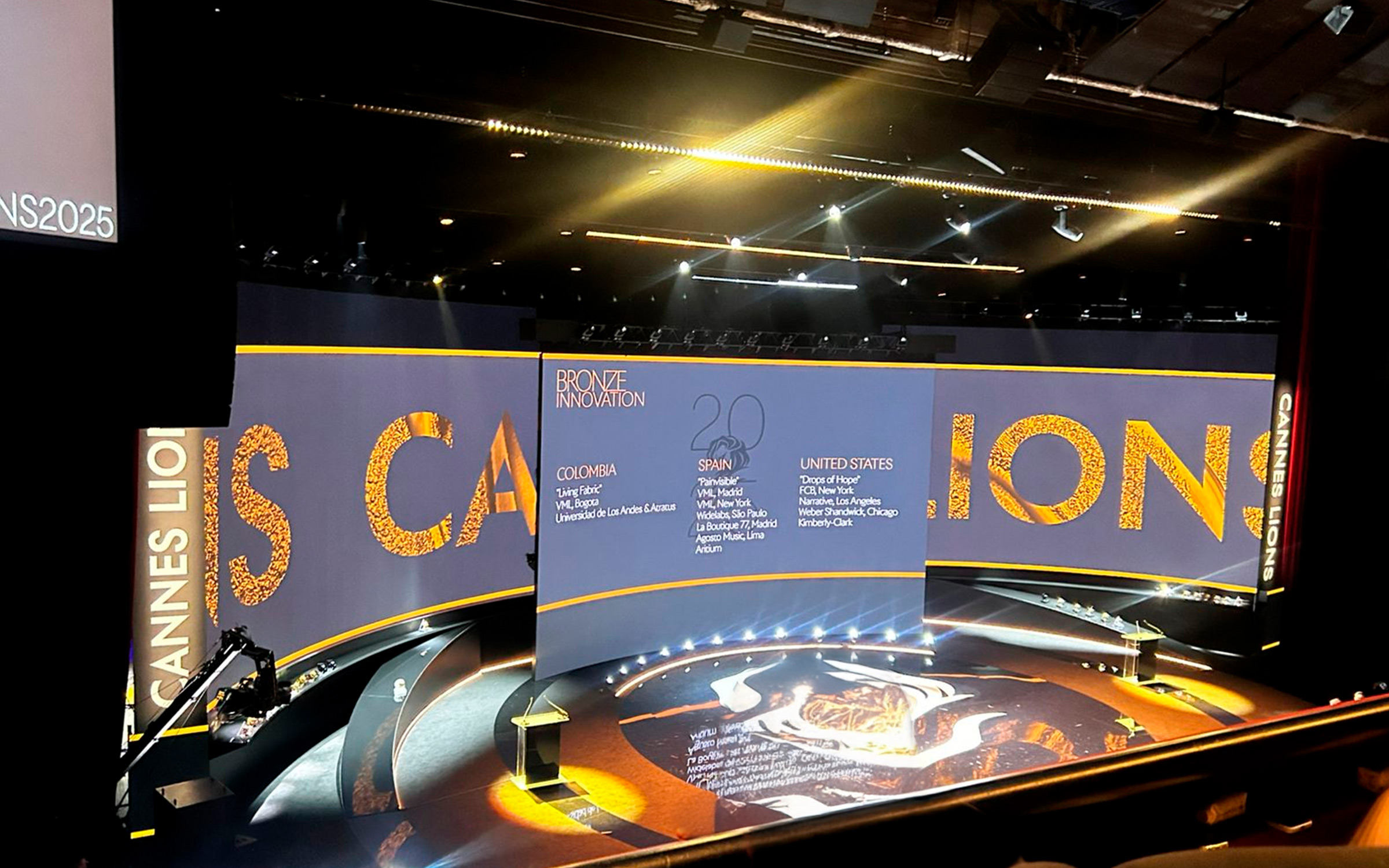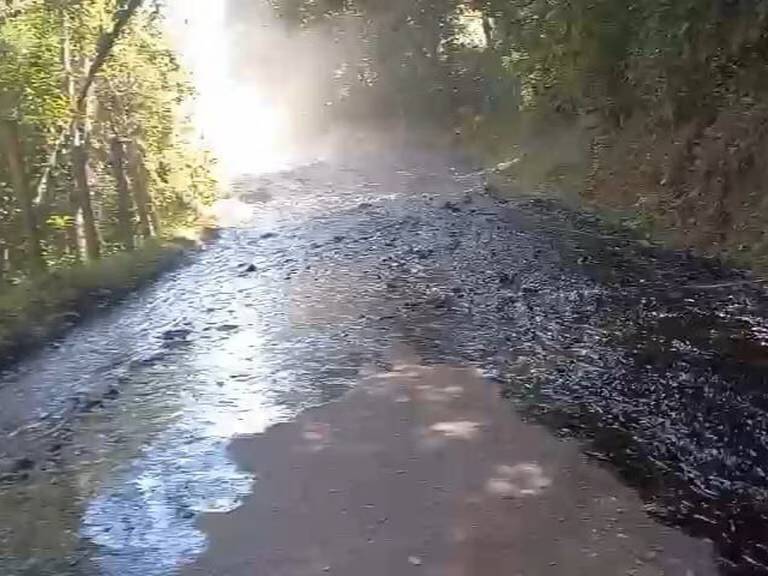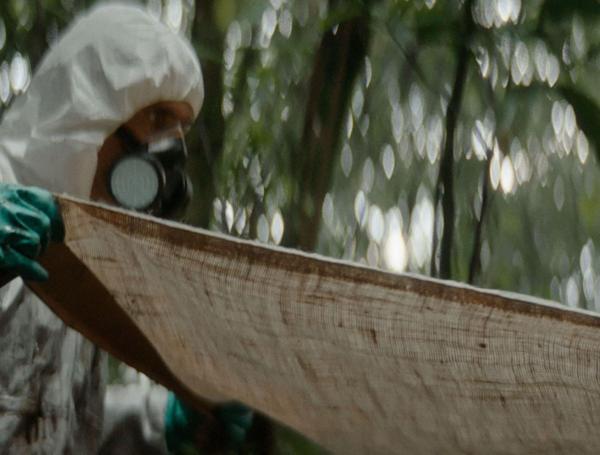Colombian project receives Cannes Lions award for fabric that cleans oil spills

Developed at the Universidad de los Andes, Living Fabric is an innovative biodegradable fabric made from fique fiber, designed to decontaminate soils affected by oil spills. This Colombian breakthrough was recognized at the Cannes Lions 2025 International Festival of Creativity, one of the world's most prestigious innovation and creativity events, held in France.
For María Francisca Villegas, Ph.D. in Microbiology, professor in the Department of Biological Sciences and director of the Center for Microbiological Research (Cimic) at the University of the Andes, one of the project's greatest challenges was achieving a harmonious integration of scientific rigor and the flexibility required for creativity. Thanks to this balance, it was possible to achieve an important milestone for the country: Colombia won its second Cannes Lion in the Innovation category.
“The Innovation category is one of the most demanding, so earning a Lion is a great achievement, positioning us internationally and potentially sparking enormous interest in both the idea and the product,” Villegas said.

The 2025 Cannes Lions Festival of Creativity is one of the most prestigious events in the world. Photo: Universidad de los Andes
This achievement was also possible thanks to collaborative work with the VML agency, whose creative approach—led by Daniel Payán—contributed key ideas to the project's development and visibility.
The project also received additional nominations in subcategories, highlighting its pioneering use of biotechnology to address one of the country's most serious environmental problems: onshore oil spills. More than 1,000 hydrocarbon spills occur in Colombia each year, causing habitat destruction, ecosystem degradation, and putting multiple species at risk.
To address this reality, Living Fabric was created, a fabric created from plant fibers and inoculated with colonies of the bacillus Lacinibacillus sphaericus, a bacterium capable of feeding on hydrocarbons. When it comes into contact with oil, the fabric activates a bioremediation process, degrading contaminants in less than 30 days and helping to recover the affected soils.

Oil spills seriously affect biodiversity. Photo: Social media
This development is the result of more than 20 years of scientific research led by Dr. Jenny Dussán at Cimic. Living Fabric represents a way to continue that work and the impact her research can have on the country's pressing environmental issues.
Lightweight, portable, and completely biodegradable, each Living Fabric unit comes packaged in an eco-friendly box containing 33 areas ready to deploy, even in hard-to-reach areas. Its goal is to accelerate environmental restoration processes, demonstrating that innovation can be a powerful tool for protecting the planet.

Living Fabric is a highly portable and effective solution for dealing with oil spills. Photo: Living Fabric
This recognition celebrates the country's innovative capacity and demonstrates the enormous potential that science has when connected to creativity. Initiatives like Living Fabric are proof that when researchers, universities, and companies work together with a common purpose, it is possible to generate concrete solutions to urgent global problems.
Environment and Health Journalist
eltiempo




